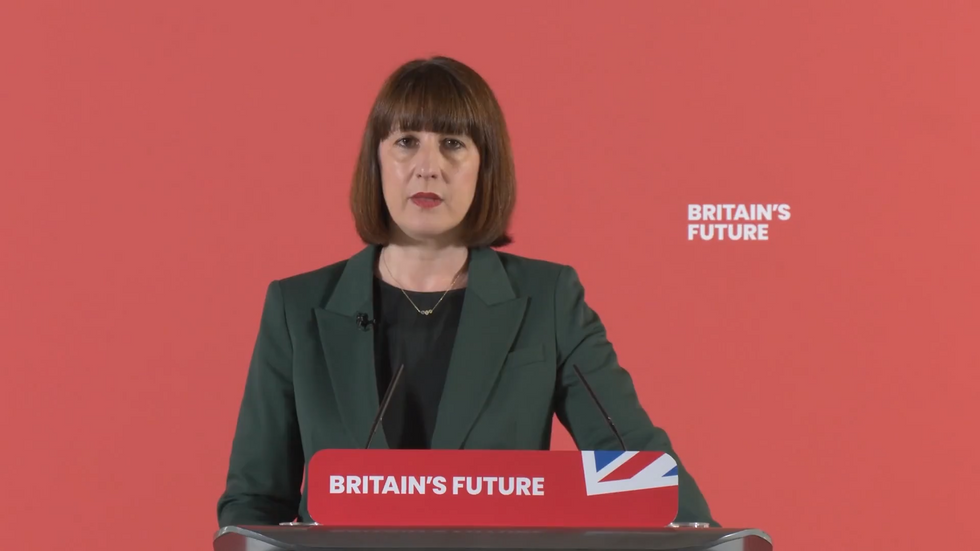Experts are calling on the Government to avoid introducing any measures that could disincentivise the sale of electric vehicles amid calls for a new pay-per-mile car tax to be introduced.
Chancellor Rachel Reeves will deliver the first Budget on October 30 and Britons have already been warned to prepare for some “painful” decisions, according to Prime Minister Keir Starmer.
Labour has explained the need to cover a £22billion financial black hole left by the Conservative Government, with pay-per-mile car tax and fuel duty changes being touted as potential solutions.
Road pricing schemes, like pay-per-mile, would see motorists charged for however much they drive and are designed to create a level playing field for all road users.
Do you have a story you’d like to share? Get in touch by emailingmotoring@gbnews.uk
Experts are calling on the Government to avoid hiking costs for electric vehicle owners
PA
One notable organisation, the Campaign for Better Transport, called on Rachel Reeves to introduce new car tax measures or risk having a massive gap in funding for Government finances.
The suggestion from the CBT would have seen zero emission vehicles charged on a per-mile basis, describing it as the “easiest immediate solution”.
Silviya Barrett, from the organisation, said it should be cheaper to drive a zero emission vehicle than a more polluting vehicle, but “it’s only fair” that they pay a share for using roads.
Research found that 65 per cent of Britons believe it is fair for EV drivers to be taxed at a lower rate than petrol and diesel motorists, compared to 19 per cent who disagree.
However, other experts are now urging the Government to avoid introducing vehicle tax measures that could put motorists off from investing in electric cars
Paul Holland, managing director for UK/ANZ Fleet at Corpay, including UK brand Allstar, highlighted how electric vehicles were crucial to net zero goals and drivers should be encouraged to use them.
He said: “The Campaign for Better Transport’s letter to Chancellor of the Exchequer, Rachel Reeves, addresses a very real problem for the UK’s transport sector and its tax revenues.
“But in our view now is not the time to be disincentivising switching to electric vehicles – in fact we should be doing everything we can do to get more people using EVs.”
He added that while petrol and diesel prices are expected to continue falling for the rest of the year, it is cheaper and easier to charge an electric vehicle at home, especially overnight.
The expert also pointed to the need for companies and businesses to slash costs and meet carbon reduction targets, requiring the need to increase electric vehicles on the road.
There are around 1.2 million electric vehicles on UK roads, supported by 68,283 public chargers and an estimated 700,000 chargers at homes and workplaces.
Holland concluded: “However, we know that the UK is seriously lacking tax revenue, and the £5billion that could be raised from taxing EVs use could be put to hundreds of uses.
LATEST DEVELOPMENTS:

Chancellor Rachel Reeves will deliver the Budget on October 30
POOL
“However, with climate change of paramount importance, EVs need to be emphasised over traditional ICE vehicles.
“Whatever the answer to the taxation challenge, the Government needs to make it clear to businesses and drivers that EVs are the future if the UK is to hit the net zero target.”

